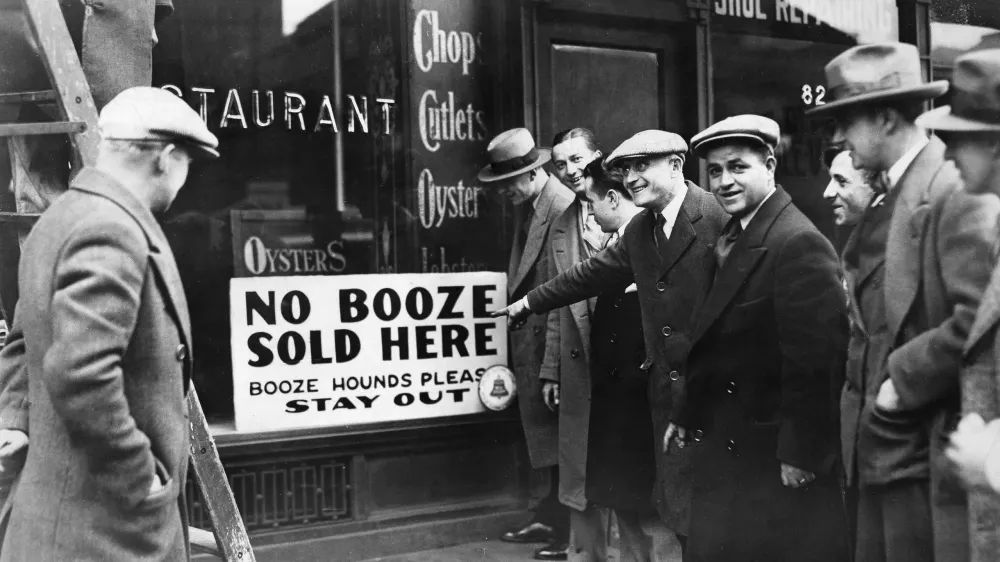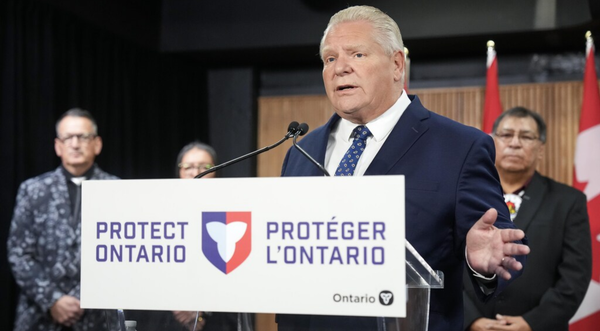SILVA: Cigarettes—The New Prohibition Era
Before we can begin talking about the current situation, we must first tell the story of the Prohibition era in the United States, which lasted from 1920 to 1933. Prohibition was an amendment to the American Constitution that made it illegal to produce, transport, or sell alcoholic beverages. Before it was implemented nationally, some states had already adopted similar measures to demonstrate that it could be done “successfully.”
The reason for the total ban on alcohol was the government’s view that alcohol was a social ill. They argued that this legislation would cure “alcohol-based problems” such as alcoholism, saloon corruption, and domestic violence. The Prohibition movement was initially led by many Protestants, but later several organizations were created to support the cause, such as the Women’s Christian Temperance Union. There were also political supporters—known as the “Progressives”—in both the Republican and Democratic parties.
All of these supporters were known as “drys,” while the opposition was known as “wets.” The opposition consisted mostly of Catholics and Lutherans who tried to repeal the legislation before losing the power to do so in 1917. Thankfully, the opposition made a comeback in the late 1920s, arguing that tax revenues had declined due to the “cold” market—an important issue during the time of the Great Depression.
The Results of Prohibiting
Whenever any form of authoritarianism, such as the government attempting to cede liberties, arises, the people often find ways around it. The example we will use is the Prohibition era itself. In the early phases after the ban, everything seemed successful, just as it had in states that had implemented similar legislation previously. However, this didn’t last long, as companies and saloons quickly developed black markets to sell alcohol. One of the most notable consequences was the rise of the mafia, most famously led by Al Capone.
During Prohibition in one city alone—Chicago—crime spiked by 300%. The rise of black markets and organized crime contributed to increases in virtually all other crimes, since such groups often engaged in violent territorial disputes. These crimes occurred mostly because the businesses were extremely profitable due to high demand and almost nonexistent legal supply. For example, there were spikes in theft and burglary, homicides, assaults and battery, drug addiction, and policing costs, which rose by more than 10% nationwide.
All of this stemmed directly from government legislation, which caused numerous deaths and enabled organized crime to acquire enough funds to grow powerful. Meanwhile, the government taxed citizens more to counter the rise in crime—a problem that the legislation itself created—while simultaneously infringing on individual freedoms.
’Emergencies’ have always been the pretext on which the safeguards of individual liberty have been eroded. — Friedrich August von Hayek
Not only did Prohibition have social and legal effects, it also destroyed many jobs and damaged parts of the economy when viewed through the lens of Spontaneous Order. For example, it shut down 200 distilleries, 1,000 breweries, and over 170,000 liquor stores in America. This alone caused a loss in tax revenue of $226 million per year just from liquor stores.
After Prohibition was repealed, these businesses began generating roughly $416 million per year in net social benefits. This includes tax revenues, reduced policing and enforcement costs, and the weakening of black markets. The total benefits of $3.25 billion consisted primarily of increased consumer and producer surplus, higher tax revenues, and reduced costs from criminal violence.
We can therefore conclude that if Prohibition had never been passed, the government would have saved tax dollars and, most importantly, preserved innocent lives, which were lost due to its policies.

Now, we should notice that we currently have a form of Prohibition: the infamous War on Drugs, which has been a complete failure. Here’s why: In the 1970s, President Nixon passed legislation declaring war on all drugs, effectively prohibiting them. The results? They are similar to the Prohibition era: the black market took over, shaping itself into cartels and mafias, such as the infamous and most well-known contemporary figure, Pablo Escobar.
This has led to massive deaths—though exact numbers are difficult to determine—estimated at hundreds of thousands worldwide each year from a government policy implemented over 50 years ago and still active today. The War on Drugs has cost trillions globally when combining decades of enforcement, militarization, and incarceration, yet it has not significantly reduced drug availability or use, according to most economic and public health studies. Meanwhile, taxpayers continue to fund a policy that doesn’t work, bureaucrats continue to spread fear, and cartels only grow stronger. We should call on governments worldwide to recognize this ongoing Ponzi scheme.
No country has fully legalized all drugs, but some have implemented mixed systems. For example, in 2001, Portugal decriminalized all personal possession and use of drugs. Since then, drug-related deaths have dropped dramatically, from 369 in 2001 to 30–40 per year in recent years. HIV infection rates among drug users have fallen sharply. Drug use rates are now stable or lower than in similar European countries. Additionally, cost savings from reduced incarceration and health interventions have been significant.
If we implemented a fully private system, these numbers could improve even further. Now that we have a background on how Prohibition of various products has affected society, let’s turn to the new threat: the banning of cigarettes.
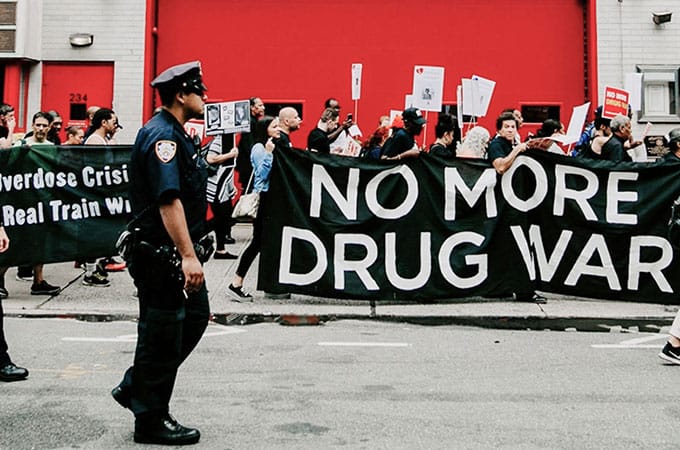
The 21st-century prohibition: Cigarettes and tobacco products.

"Smoke-Free Generation" is a new law being passed by the government of the United Kingdom. This law will immediately affect everyone born after January 1, 2009, making all these people unable to buy or use any tobacco products—most notably cigarettes—ever, even once they become consenting adults. This means that older people will be able to use tobacco, while a younger group will be discriminated against solely because of age. The government of the United Kingdom stated that this is the “best” way to encourage better habits, reduce interest in smoking, and decrease disease, healthcare costs, and premature deaths. However, we have already seen how similar policies have unfolded in other prohibitions.
Here’s what the opposition has to say about such a law. For instance, someone born on December 31, 2008, would be able to buy and use tobacco products, but if that same person were born just one day later, they would not. This creates discrimination based on something people cannot change—their age. Not only that, but as with all previous prohibition attempts, this will likely lead to black markets, organized crime, and an overall increase in illegal activity.
Another strong point raised by the opposition concerns state involvement. If the government can stop and force you to act a certain way “for your own health,” then why not also ban soda, fast food, and alcohol, or make exercise mandatory?
If we, as individuals, are capable of making decisions for ourselves—based on our own subjectivity and opportunity costs—then no bureaucrat or government official has the right to dictate our personal choices. Why should tobacco be treated differently from these other decisions?
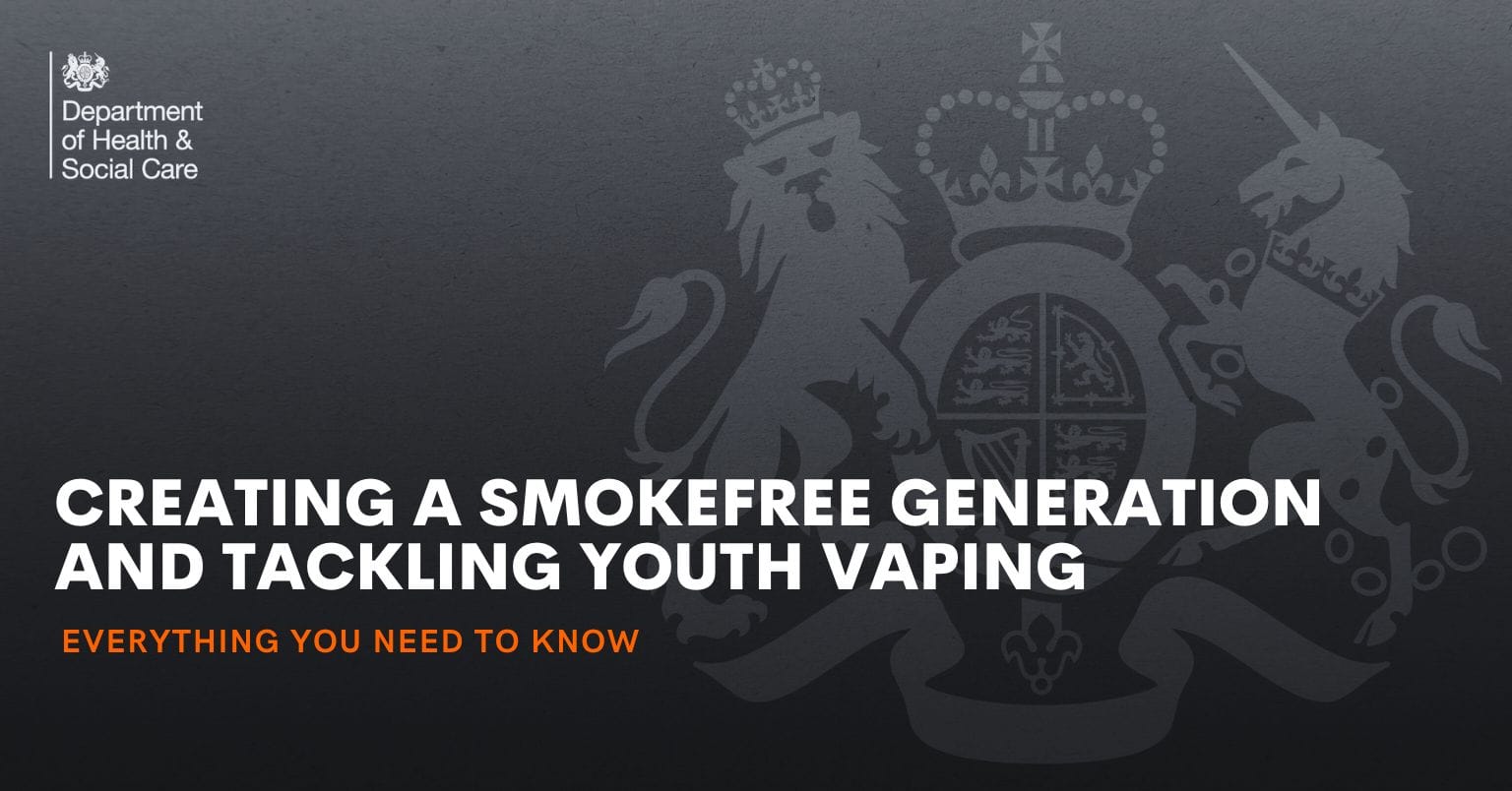
Another case worth noting is in the United States, where in the state of Massachusetts, a law has been proposed that would prevent anyone born after January 2006 from buying or using tobacco products, named "smoke-free generation". This again raises serious social and economic concerns that politicians often overlook. As history has shown, such policies amplify the same issues—crime, black markets, and the rise of organized groups—forcing governments to raise taxes and imprison otherwise innocent people seeking personal liberty.
Furthermore, if we look at the history of Prohibition in America, it began at the state level before expanding to other states and eventually to the federal government. If things continue in this direction, we may soon witness a new form of Prohibition unfolding before our eyes. The question remains: will people respond differently this time? That may be our last hope in moments when government power grows unchecked.
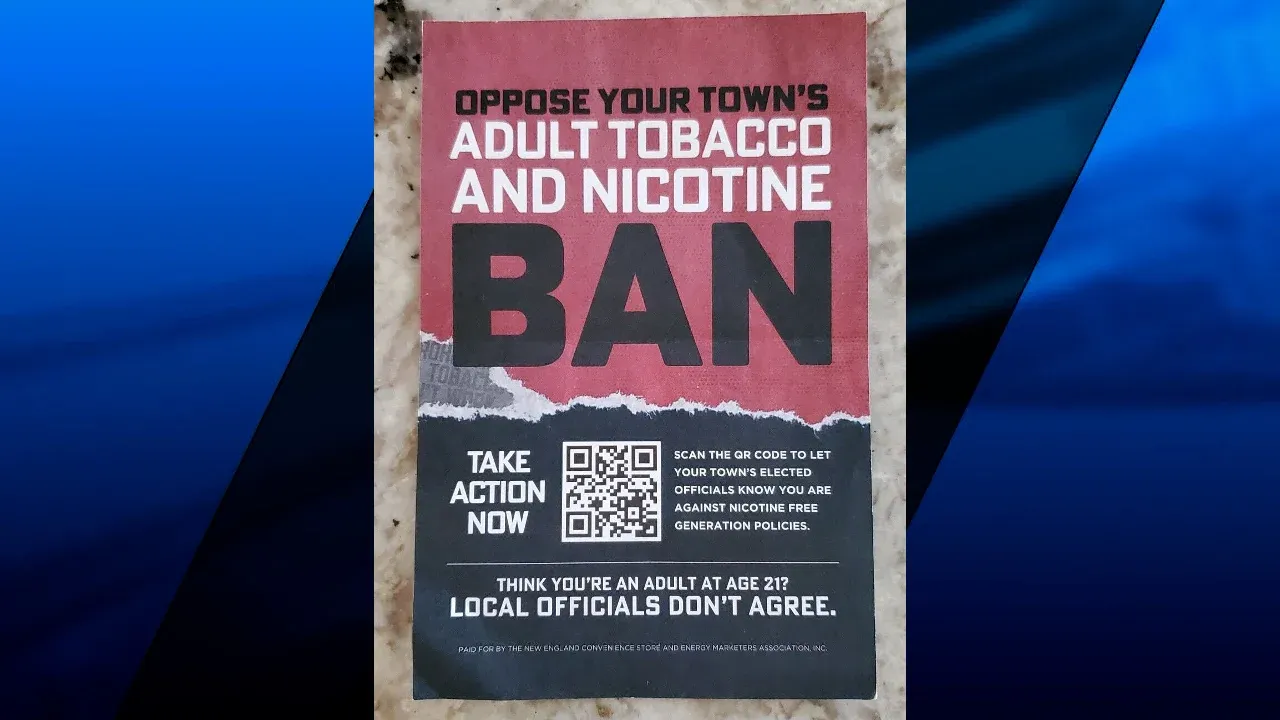
In my own country, Canada, we may soon face similar policies. Many organizations within provinces such as British Columbia and Nova Scotia are already lobbying for such laws at the provincial level, just like what happened in the United States. We should be deeply concerned when the government assumes the authority to tell us what we can or cannot do with our own bodies. After all, our bodies are private property, owned by ourselves.
Once again, when we see policies like these, we must remember the lessons of history. Government prohibition doesn’t just limit freedom—it imposes heavy costs. People pay not only through higher taxes and declining public services but also through the suffering of countless innocent lives, directly or indirectly harmed by such misguided policies.

Author's opinions and Considerations:
Now, my analysis will be very pragmatic. This 21st-century prohibition will inevitably lead to a black market. In this specific case, I strongly believe that the black market will not only grow stronger but also innovate in ways that will make it nearly impossible for the government to stop, even if suppression is their primary goal. One example of a black market dominating to the point that the government can do little is North Korea.
Can we really blame people for turning to black markets to exercise the liberty and freedoms they should have from birth? In my opinion, the true blame lies with the government for failing to acknowledge that it is causing these problems. As Frédéric Bastiat once wrote:
When an economist asks, ‘What is seen?’ he looks at the immediate effects. When he asks, ‘What is unseen?’ he considers the longer-term consequences that are not immediately apparent. — Frédéric Bastiat
What I mean by this is that the government will likely try to solve the problem through fear-mongering, pointing to rising crime, mafia activity, and black markets. However, the unseen root of the problem is the government itself. Without such restrictive policies, unnecessary harms could be avoided, even if politicians need crises to maintain power.
Another key factor to consider is the economy. While the social consequences, like increased crime, are evident, the economic impact will be immense. First, more money will be spent on policing and imprisonment—already a current problem—which will worsen if this legislation passes. To fund these efforts, one of two things will happen: inflation or taxation.
Inflation reduces the value of money, disproportionately affecting the middle and lower classes and potentially pushing more people toward crime, creating an almost endless cycle of the government turning innocent citizens into criminals. Taxation achieves a similar effect, leaving individuals with less money, but its impact depends on which groups the government targets. In both scenarios, the government is effectively taking from citizens to subsidize a policy it created, reducing overall prosperity and freedom.
My final takeaway is philosophical. Every person is born with inherent rights, regardless of ethnicity, language, race, culture, or other external factors. Every individual is born with human dignity. The government is actively suppressing that dignity. We, as humans, should have the freedom to decide whether to smoke, eat, drink, where to live, what to believe, and exercise the autonomy we inherently possess.
It does not matter how large the government is or whether the infringement affects your life directly; we must resist overreach whenever possible. What starts with cigarettes today could escalate, and we cannot predict if we might end up in a society like North Korea, where even thought is controlled. Humans need peace, love, and liberty in all aspects of life to thrive and prosper.
The views expressed in this piece are those of the author and do not necessarily reflect the editorial position of The Provincial Times or Left Lane Media Group. Read our Content Policy here.


